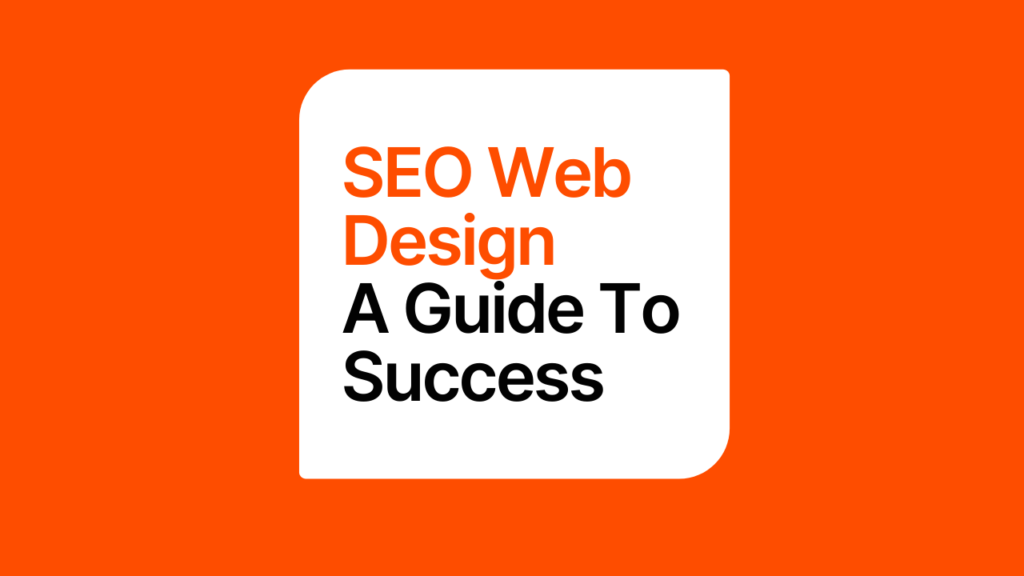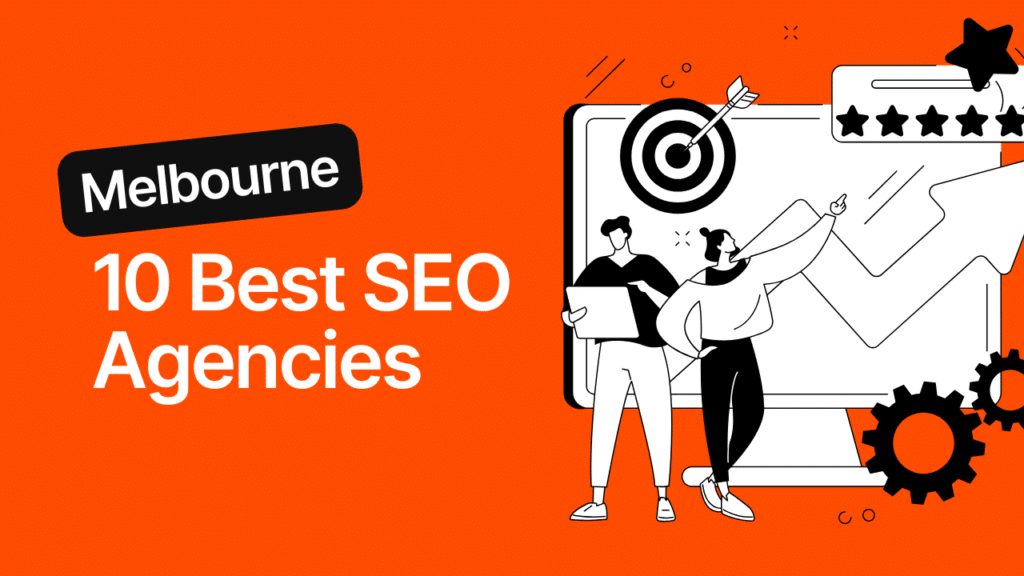Increase your website traffic?

Written by: Benjamin Paine
Managing Director at Digital Nomads HQ
Why trust Digital Nomads HQ?
Digital Nomads HQ is continually recognised as a leading agency & industry "thought-leader" in the digital marketing segment. Known for our expert insight, industry data, and new innovative finding within the Digital Marketing industry. Our agency is frequently cited as a trusted source of credible marketing information, demonstrating the value and impact of our work in shaping industry standards and practices.

SEO Marketing: Introduction
SEO marketing is a form of digital marketing that consists of optimising web pages for search engines like Google, it consists of optimising web pages for search engine with the goal of aligning content with your target audience – increasing your visibility and website traffic.
What we will cover;
- What is SEO marketing?
- Why is SEO marketing is important in 2024
- Types of SEO marketing
- 4 SEO marketing tips & tricks
- SEO marketing FAQ
Search engine optimisation (SEO) has come a long way, and in 2024 its still evolving into a more complex channel of marketing – long gone are the days of keyword stuffing in order to rank.
Today, ranking strongly in SERPs requires a far more rounded approach to your SEO strategy – High-quality content optimised to match potential visitors’ intent, developed to be engaging, and helpful content… all of which is required!
The process of optimising your website for SEO comes down to understanding how search engines work and how your potential traffic searches by intent.
In this guide, we will learn about the different types of SEO marketing how to improve your organic search results and a few expert tips along the way to make the process a little easier.
What is SEO marketing?
Search engine optimisation (SEO) is a digital marketing strategy with the objective to improving a website’s visibility with SERPs (search engine result pages).
This is achieved by leveraging SEO techniques such as; keyword optimisation, content creation, link building, technical SEO, site performance and mobile-friendliness.
Why is SEO marketing important in 2024?
Search engines serve as the primary gateway for users to find websites.
Therefore, whether you create informational content or sell commercial products, gaining visibility in search results is essential for a successful online presence.
In fact, 59% of shoppers utilise Google Search to research purchases they intend to make, either in-store or online, while nearly half of consumers turn to Google to discover new products.
With this statistic, eCommerce SEO becomes vital for ensuring that your site appears prominently and frequently in search engine results for relevant terms associated with your offerings.
Regardless of how outstanding your website may be, if your search rankings are low, visitors are unlikely to discover you.
Types of SEO marketing
SEO is segmented into three main categories;
- On-page SEO
- Off-page SEO
- Technical SEO
1. On-page SEO
The largest segment of SEO in 2024 is on-page SEO and the optimisation of content – or the creation of new content.
This includes the optimisation of images, texts, and videos on-page and ensuring search engines can correctly identify the intent of the information being written about.
Search engines crawl and assess on-page content that you provide on your website, looking at topic relevancy, title tags, metadata and URLs being utilised, all of which impact your rankings and are considered a ranking factor.

Relevant Content
Pages that do well in SERPs are content that is optimised for the search intent of the users… therefore being relevant.
This means that you need to understand the user’s intent when they search particular keywords and what information they would be looking to find on the page being created.
Expert Tip: High-quality content will include information that is unique, factual & staying within your websites niche expertise.
Example: If your website is in the real estate sector, writing content on topics in trades and services isn’t advised.
Additional Tip: Unique content is important… This means keeping duplicate content to a minimum and not plagiarising content from competitors or other sources.
Metadata
Metadata isn’t visible to website visitors, rather it is meta information contained in your websites for search engine bots & crawlers to read and digest for another level of information surrounding the topic you are writing about.
Optimisation of this meta information is important for your content, these generally include working on areas such as;
Title tags – The name of the webpage
Meta descriptions – Visible in SERPs and summarises the content being delivered on-page.
Heading and subheading tags – The heading structure in order of importance on-page.
Robot tags – This indicates to crawlers whether on not the page should or shouldn’t be indexed.
URL (or Slug)
The web page URL or slug is what identify your page withing the website sitemap. The page URL is what appears after the “/” in the website’s URL.
Example: The URL or slug of this page is “seo-marketing”.
Both visitors and search engines read the page URL, and a URL closely matching the topic or content being written about is extremely important in SEO.
2. Off-page SEO
Your website is not the only avenue for SEO marketing; you can enhance your search engine rankings through efforts on external sites as well.
Off-page SEO primarily focuses on creating backlinks that enhance your domain authority — these are links from other websites that direct traffic to your site.

Backlinks
Analysing the connections between websites is a fundamental aspect of Google’s PageRank algorithm and is what Google search was established around
This ranking system was one of the pioneering methods by which Google evaluated its search engine outcomes, and it continues to play a crucial role in SEO marketing strategies.
Acquiring links from reputable (niche) websites enhances your authority on specific topics and boosts your ranking potential.
In essence, the greater the number of quality backlinks you possess, the more credible your website appears to search engines. This concept is founded on the premise that content from authoritative sites will likely be linked and shared organically.
💡 Read More: What are backlinks & How to build them
Domain authority
By increasing your organic traffic, build new links, create content your website will increase in its domain authority.
Domain authority represents the credibility of a website as perceived by search engines. Established websites with high domain authority tend to achieve better rankings in search engine results pages for keywords pertinent to their specialisation.
Brand authority
In 2024, the topic of brand authority and sentiment is becoming a growing topic and area of focus for many businesses.
While domain authority is important, it can also be manipulated and falsified.
To combat this “brand authority” is the concept of understanding a brand’s reach and interest across the search, through PR, brand mentions and branded search.
3. Technical SEO
Follow these 4 SEO marketing tips
If you’re looking to implement SEO marketing for your website, here are a few SEO marketing tips and tricks from our SEO team to help you increase your rankings.
- Keyword research
- Competitive analysis
- Link building & Internal links
- Content Marketing
1. Keyword research
Each page on your website that ranks in search engine results is linked to one or more keywords, often called search queries.
The initial step in any SEO initiative is to identify the keywords that your visitors are employing to find your site.
For sellers, even if your products are groundbreaking, failing to target the correct search keywords may result in potential customers missing them online.
To conduct effective keyword research, utilise SEO tools such as Google Keyword Planner, Ahrefs, or Moz.
These platforms will provide insights into the keywords driving traffic to your site. Use this information to evaluate which existing keywords are most vital for your website and to identify new keywords worth targeting.
Ideally, you’ll want to choose keywords that are popular enough to attract substantial traffic yet not so competitive that you are up against firms with significantly larger marketing budgets. Utilise these tools to refine your list of attainable and relevant keywords that align closely with your site’s content.
2. Competitive analysis
Once you’ve identified the keywords to target, the next step is to examine your SEO competitors who are already achieving high rankings for those terms
By analysing their SEO strategies, you can devise tactics to boost your own search rankings and surpass them
Even small businesses can utilise high-quality, relevant, and comprehensive content to leverage SEO, allowing them to outshine larger competitors and connect with customers first.
A practical approach to competitive analysis involves identifying your competitors’ top-performing pages and understanding their organic traffic sources.
For example, if a competitor attracts considerable traffic from an insightful blog post, consider using that post as a source of inspiration for your content development. You can conduct this analysis using many of the same keyword research tools previously mentioned.
3. Link Building & Internal Links
While it may require significant effort, link-building is a recognised method for improving your search engine rankings.
Securing links from reputable websites indicates to search engines that your content is valuable to visitors.
To kickstart your linking strategy, ensure that you have a strong presence on social media platforms and local business directories.
The initial links you acquire from these credible sources can boost your visibility in search results.
Next, reach out to relevant websites or media outlets that cater to your target audience, proposing your business or products.
If you possess expertise in a particular field, consider submitting a guest blog post that links back to your site.
Alternatively, if you’re struggling to gain traction, you can invest in a PR campaign to elevate your profile.
Expert tip: As links are built to dedicated pages on your website, these individual pages will increase in page rating – By internal linking from these pages to important pages on your website (naturally) you can transfer link juice from one page to another.
4. Content Marketing
Content marketing involves creating and sharing valuable, relevant, and consistent content to attract and retain a defined audience.
Focus on understanding your target audience’s needs and interests. Create content that resonates with them, whether it’s blog posts, articles, videos, or social media posts.
Use SEO best practices to improve your content’s visibility in search engine results. Promote your content through social media, email marketing, and other channels.
Expert Tip: Consistently analyse your content’s performance to measure its effectiveness and make data-driven improvements.
SEO Marketing FAQ
What does SEO stand for in marketing?
SEO, or search engine optimisation, is all about using a smart and measurable strategy to let search engines know that your web pages are worthy of a higher spot in Google’s search results. By doing this, you increase organic search traffic from major search engines as search terms improve within SERPs.
What is SEM?
What is SEO in digital marketing?
Is SEO a marketing skill?
What is an example of SEO marketing?
How do I start SEO marketing?
- Find a keyword that has search volume and is relevant
- Understand the search intent of your keyword.
- Create a page or the content on a keyword.
- Optimise your page title, URL and description.
- Publish your page.
- Build backlinks to your new page
- Share your page through social channels, google business profiles & email
Is SEO marketing paid?
What is the difference between SEO and SEM?

"Inside the agency" A Digital marketing podcast
Tune in to our weekly Youtube and Podcasts discussing industry changes, news & hot topics across all digital marketing channels.







